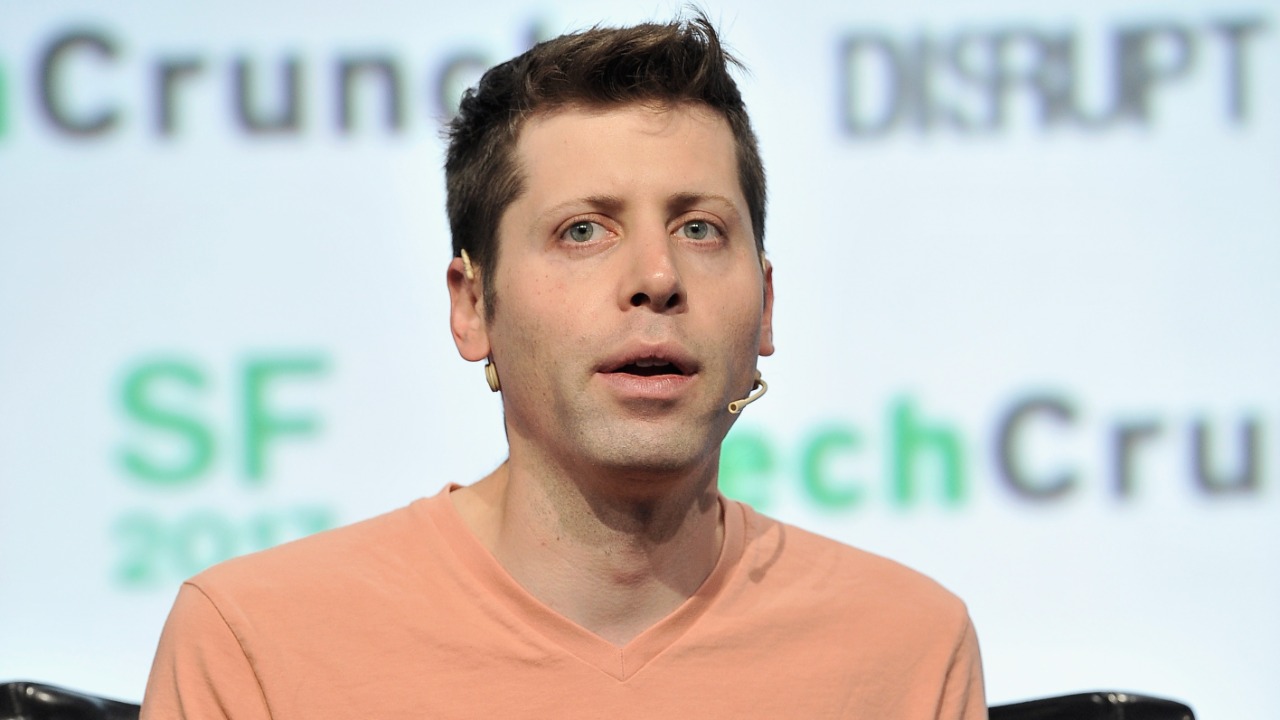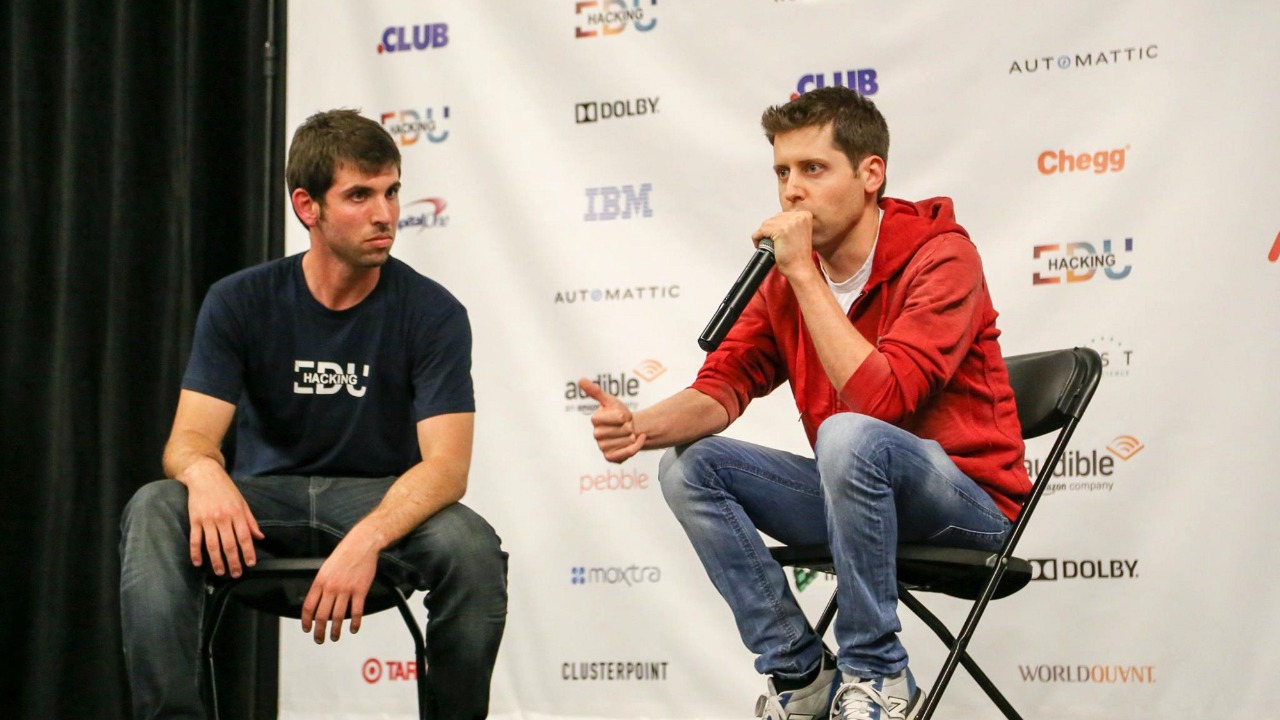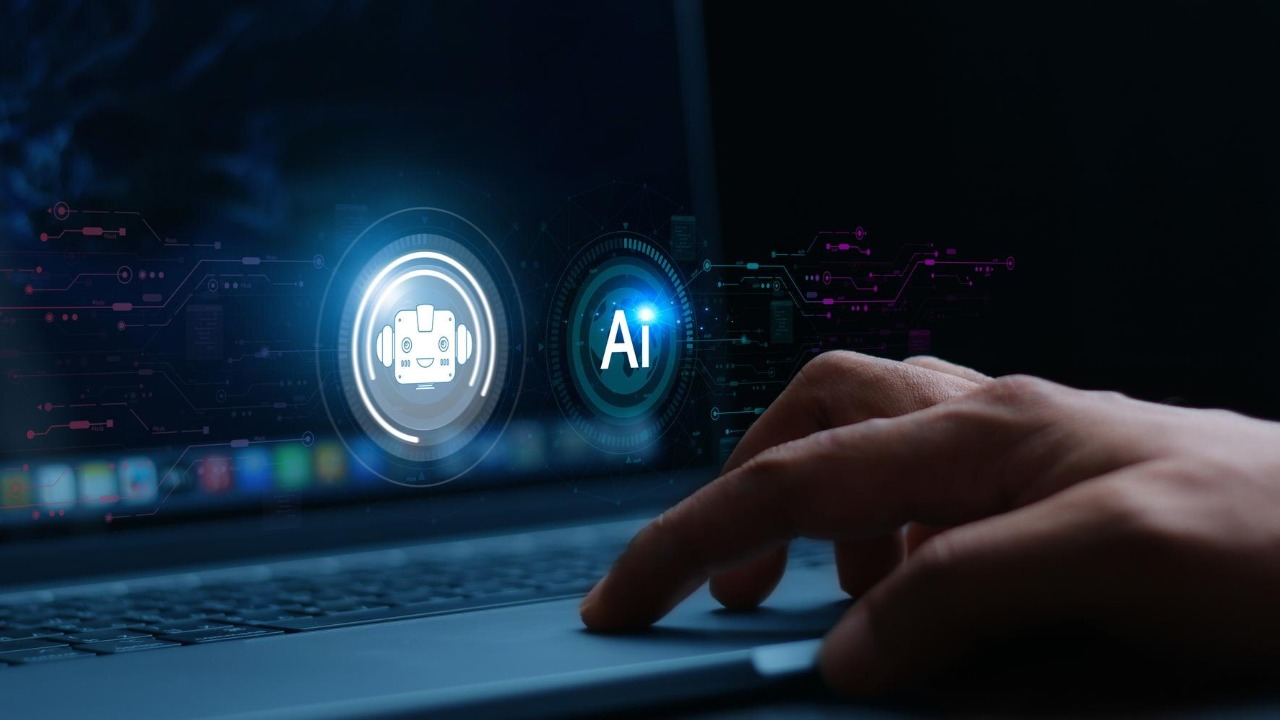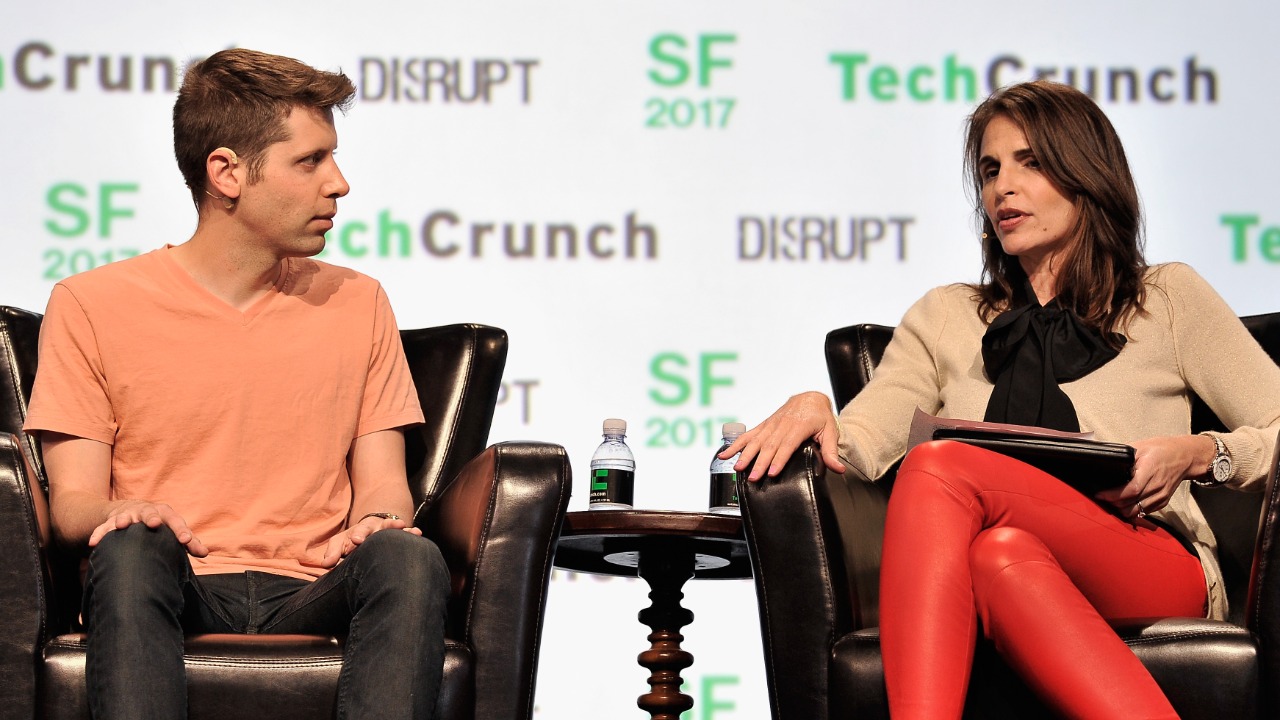
Sam Altman, CEO of OpenAI, recently sparked debate by suggesting that if artificial intelligence (AI) eliminates certain jobs, those roles might not have been “real work” to begin with. This comment, made during a discussion on technological progress, highlights the ongoing concerns about job displacement as AI tools like ChatGPT continue to advance. Altman’s perspective invites a broader conversation about the nature of labor in an AI-driven future and the potential redefinition of work itself.
Context of Altman’s Perspective on AI and Work

As the CEO of OpenAI, Sam Altman has consistently engaged in discussions about AI’s societal impacts, often emphasizing its potential to augment human productivity rather than merely replace it. Altman envisions AI as a transformative tool that can automate routine tasks, thereby freeing humans to engage in more creative and fulfilling endeavors. His recent remarks about “real work” were made during a forum where he elaborated on AI’s role in reshaping the workforce. Altman framed AI’s capabilities as a means to eliminate mundane tasks, suggesting that such roles may not constitute essential work in the first place [source].
Altman’s advocacy for universal basic income (UBI) further underscores his belief that not all current jobs represent essential or fulfilling labor. He has argued that UBI could serve as a safety net in response to AI-induced job shifts, providing financial stability as the nature of work evolves. This perspective aligns with his broader vision of a future where AI alleviates the burden of repetitive tasks, allowing individuals to pursue more meaningful activities. Altman’s comments reflect a growing recognition of the need for policy interventions to address the economic disruptions caused by AI advancements [source].
Defining “Real Work” in the AI Era

Altman’s assertion that jobs eliminated by AI might not be “real work” raises important questions about the distinction between automatable tasks and inherently human contributions. By suggesting that roles susceptible to AI replacement may lack intrinsic value, Altman challenges traditional notions of work. This perspective implies that tasks such as administrative or data-entry roles, which are easily automated, may not constitute meaningful employment. Instead, AI could preserve or enhance roles that require creativity, empathy, and complex problem-solving, which are uniquely human traits [source].
Altman’s comments also invite a philosophical exploration of work’s value in an AI-driven world. By reducing drudgery and enabling individuals to focus on innovation or personal fulfillment, AI could redefine what it means to work. This shift could lead to a society where people engage in activities that align with their passions and talents, rather than being confined to repetitive tasks. Altman’s vision suggests that the future of work could prioritize creativity and human connection, offering potential benefits for both individuals and society as a whole [source].
Potential Impacts on the Job Market

The rapid advancement of AI technologies poses significant implications for the job market, with potential job losses projected in sectors like customer service and content creation. Altman has noted that these industries are particularly vulnerable to economic disruption as AI tools become more sophisticated. However, he also envisions emerging opportunities in areas such as AI oversight, ethics, and creative fields that AI cannot fully replicate. Altman argues that these new roles could result in a net positive for society, as they offer avenues for human ingenuity and ethical considerations in AI deployment [source].
Despite the potential for new job creation, there are risks of inequality if AI displaces “non-real” jobs without adequate support systems. Altman has called for policy interventions, such as retraining programs, to ensure that workers can transition to new roles in an evolving job market. Without such measures, there is a danger that economic disparities could widen, leaving some individuals without the skills or resources needed to adapt. Altman’s advocacy for proactive policies highlights the importance of preparing for the societal changes that AI advancements may bring [source].
Reactions and Broader Debate

Altman’s remarks have elicited a range of reactions, with some labor experts and unions criticizing his view as downplaying the dignity and necessity of all work, regardless of AI’s efficiency. Critics argue that Altman’s perspective may overlook the value of jobs that provide stability and purpose for many individuals. They emphasize the importance of recognizing the contributions of all workers, even in roles that AI might eventually automate [source].
Conversely, some tech leaders support Altman’s optimism, citing historical precedents where technological advancements have created more jobs than they eliminated. These proponents argue that AI could follow a similar trajectory, ultimately leading to a more dynamic and innovative economy. They believe that AI’s potential to enhance productivity and creativity could outweigh the initial disruptions it causes, resulting in long-term benefits for society [source].
Public and media reactions have also been mixed, with social media discussions questioning whether Altman’s elite perspective ignores the lived realities of workers in vulnerable positions. Some commentators express concern that Altman’s vision may not fully account for the challenges faced by those whose livelihoods are threatened by AI. This broader debate underscores the complexity of navigating the transition to an AI-driven economy, highlighting the need for inclusive and equitable solutions [source].